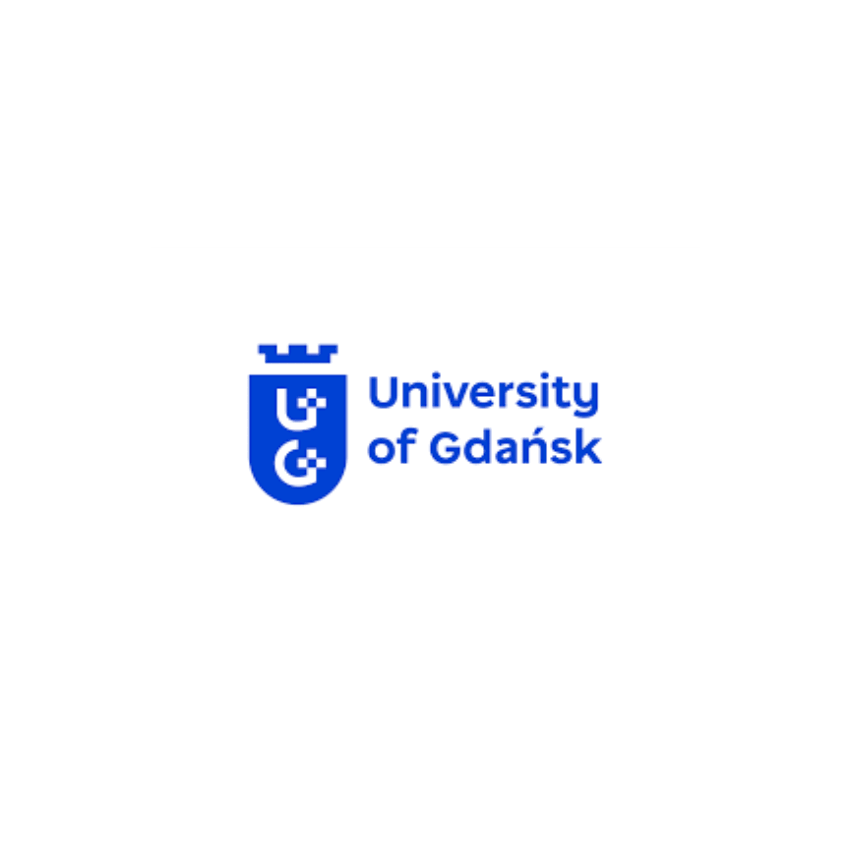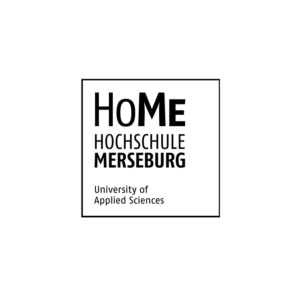Description
The University of Gdańsk is a dynamically developing institution of higher learning, and one that combines respect for tradition with a commitment to the new. It offers education in nearly all fields of academic knowledge, in sought-after professions on the job market and in state-of-the-art facilities in its Gdańsk, Sopot and Gdynia campuses. It is currently one of the most modern academic centres in Poland.
The University of Gdańsk was founded on 20 March 1970. It was formed from an amalgamation of two institutions of higher education: the Higher Economics School in Sopot and the Higher Pedagogical School in Gdańsk. Later, it also included the Higher Teacher Training School. The precursor of the Higher Economics School in Sopot was the Higher School of Maritime Trade in Sopot, which opened in 1945 and awarded its first degrees in 1947.
20 March 2020 marks the 50th anniversary of the founding of the University of Gdańsk, at present the largest university in the Pomeranian region, which has had an indisputable influence on the development of modern Poland, science and higher education. We have eleven faculties with over 25 thousand students, doctoral students and post-graduates, who are taught by more than one thousand seven hundred academic staff. In such fields of study as Biology, Biotechnology, Chemistry, Oceanography, Quantum Physics, Pedagogy, Psychology, Law and Economic Sciences, the University of Gdańsk is one of the best institutions in Poland.
The University of Gdańsk boasts significant scientific achievement which enforces its leading position, particularly through activity and research connected with the sea. In this regard, the University has been involved in cooperation with scientific research centres from nearly all corners of the globe.
The University of Gdańsk is involved (as one of five Polish universities) in the creation of a network of European universities selected in the ‘European Universities’ competition organised by the European Commission. In conjunction with its partners, the University of Cádiz (Spain), the University of Split (Croatia), the Université de Bretagne Occidentale (France), Kiel University (Germany) and the University of Malta (Malta), the University of Gdańsk forms a consortium of the European University of the Seas (SEA-EU). The University has been a two-time winner of the special programme of the Foundation for Polish Science, the International Research Agendas, aimed at establishing in Poland innovative centres of excellence with the participation of the best researchers from across the world. The University of Gdańsk received 76 million PLN to establish two agendas, the International Centre for Cancer Vaccine Science, led by two world-class scientists, Prof. Ted Hupp and Prof. Robin Fahraeus, and the International Centre for Theory of Quantum Technologies (ICTQT), headed by Prof. Marek Żukowski.
Owing to its academic character, the University of Gdańsk implements a host of diverse scientific research, representing the Humanities, Economic Sciences as well as the Social, Exact and Natural Sciences. The most notable successes have been achieved in the fields of biomedical and biomolecular research as well as theoretical foundations for quantum technologies. It is in these areas that University of Gdańsk scientists have made spectacular discoveries, with the molecular biologists or chemists achieving significant successes in devising new medication or innovative diagnostic methods and the quantum physicists’ ground-breaking discoveries, having reached the high number of 1,500 citations through publication in international scientific journals. In the areas of social sciences and the humanities, the broadly defined intercultural research is particularly noteworthy, encompassing studies of international relations from a great variety of perspectives, cultural, economic, linguistic or in relation to international communication. Research into psychological diagnosis is also very strongly represented. As regards research into literary studies, mention should be made of extensive, long-term research programmes such as studies of the output and reception of Bruno Schulz or research into 20th-century traumas such as the Holocaust. University of Gdańsk historians have notable academic achievements to their credit regarding the medieval and modern history of Gdańsk, while archaeologists are present in Iraq, Turkey or Macedonia and ethnographers conduct studies of, amongst others, the culture of Aboriginal peoples. Research into the language and culture of Kashubia also constitutes an important element of the University’s academic activity.
Reference: UNIVERSITY OF GDANSK. About us. https://en.ug.edu.pl/university/about-us






